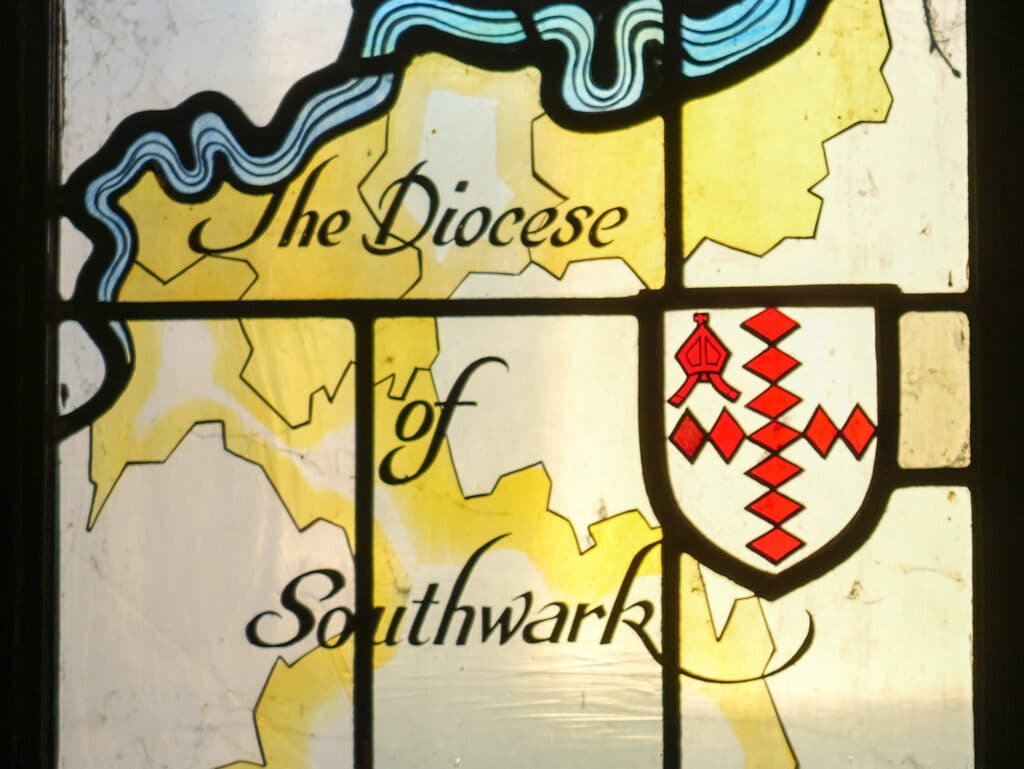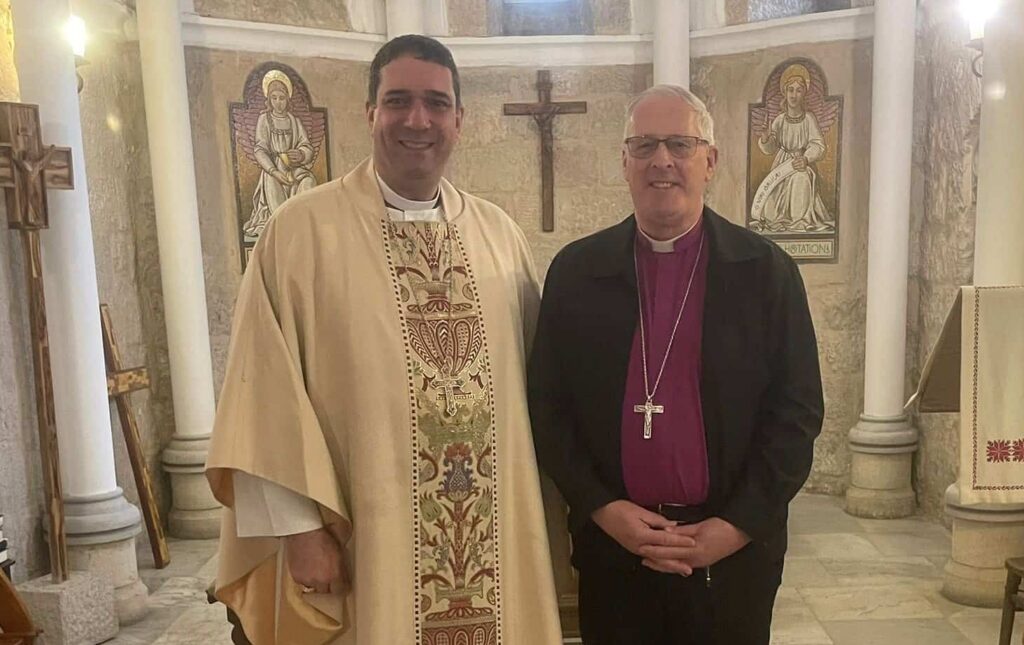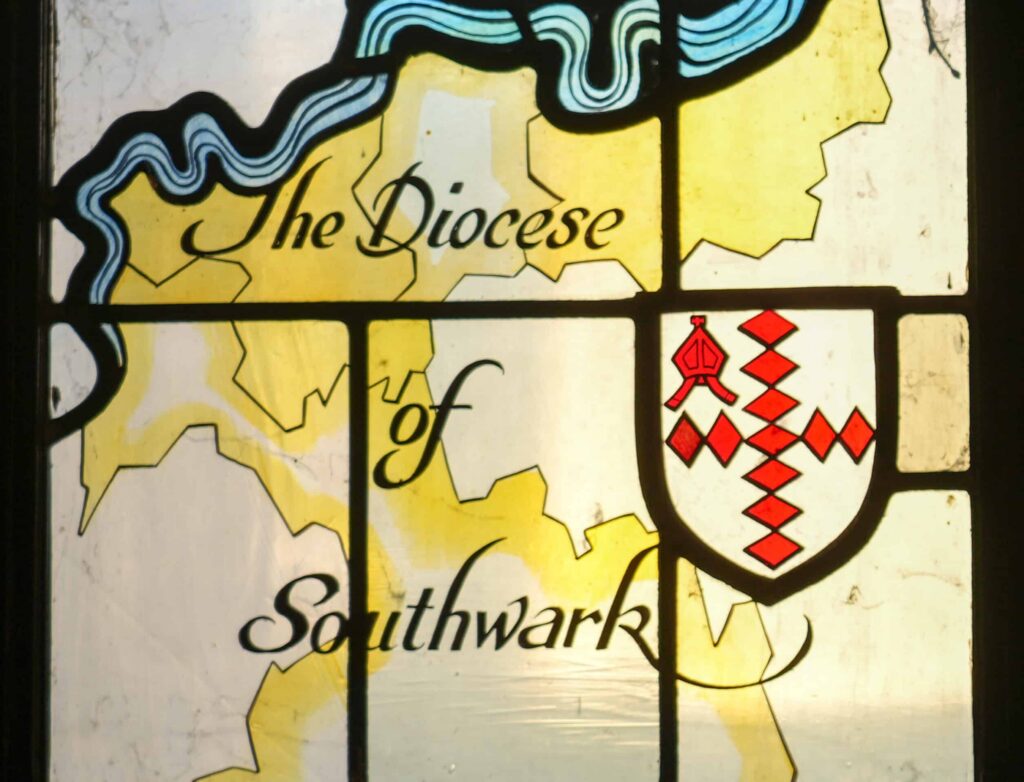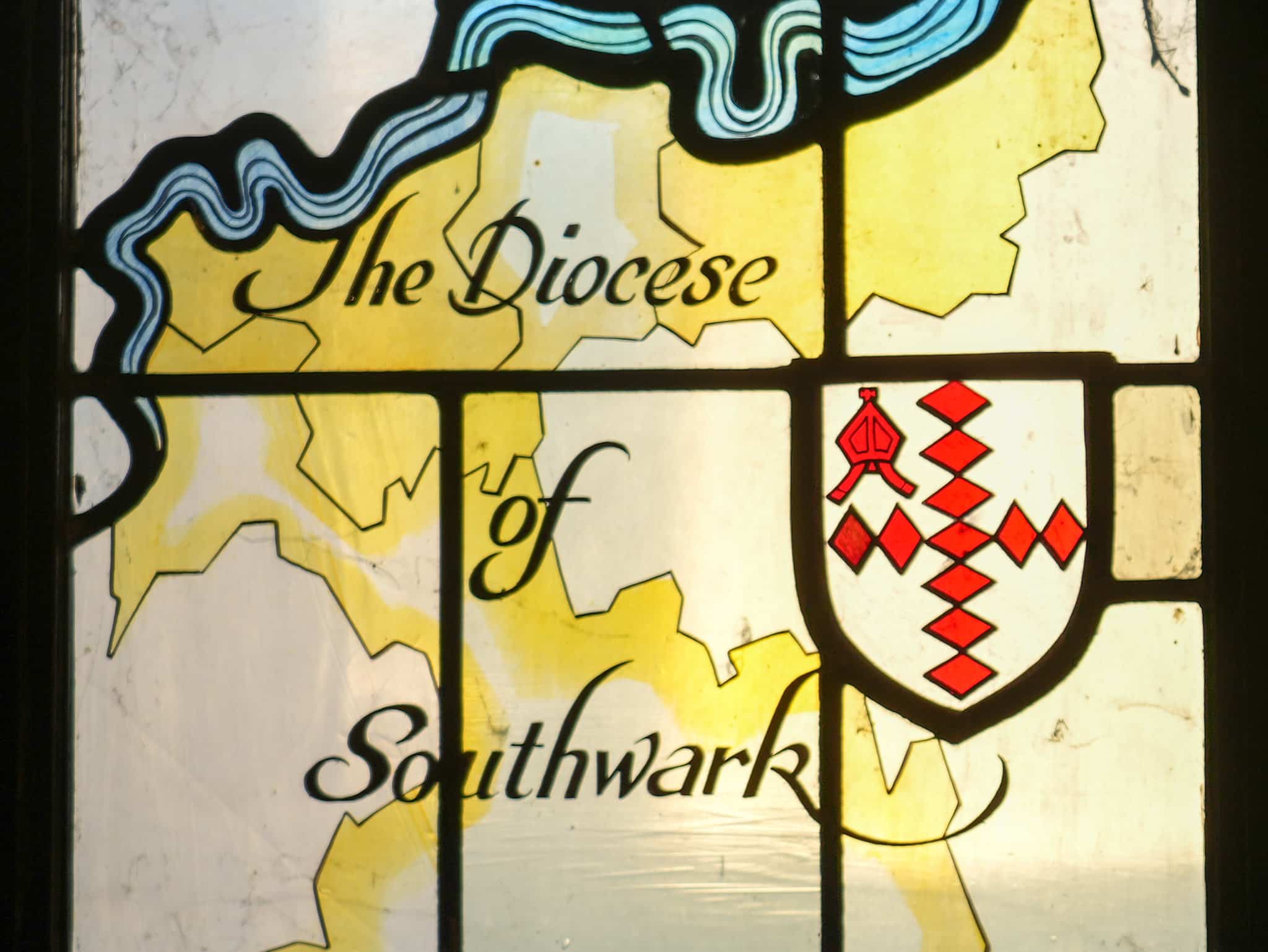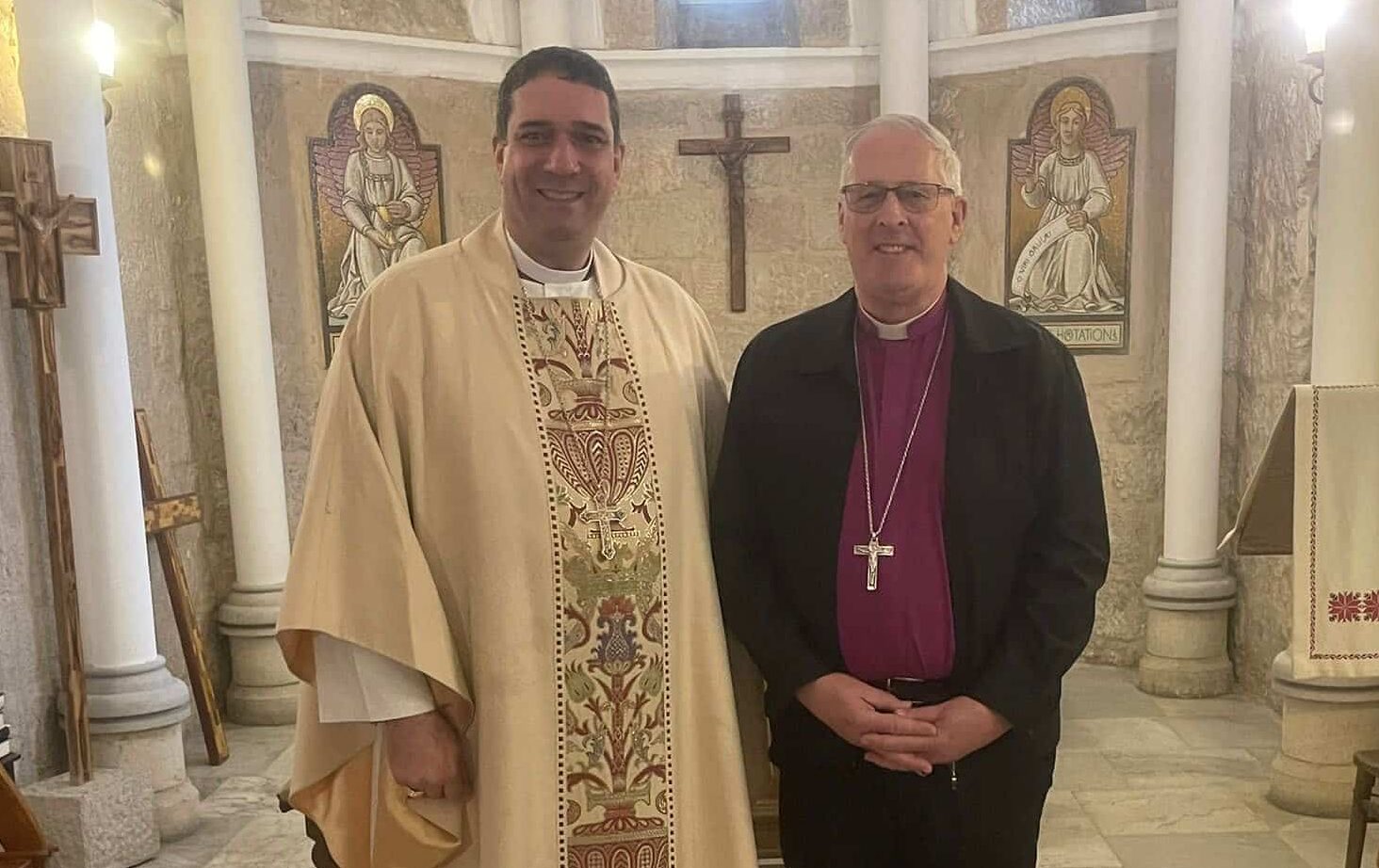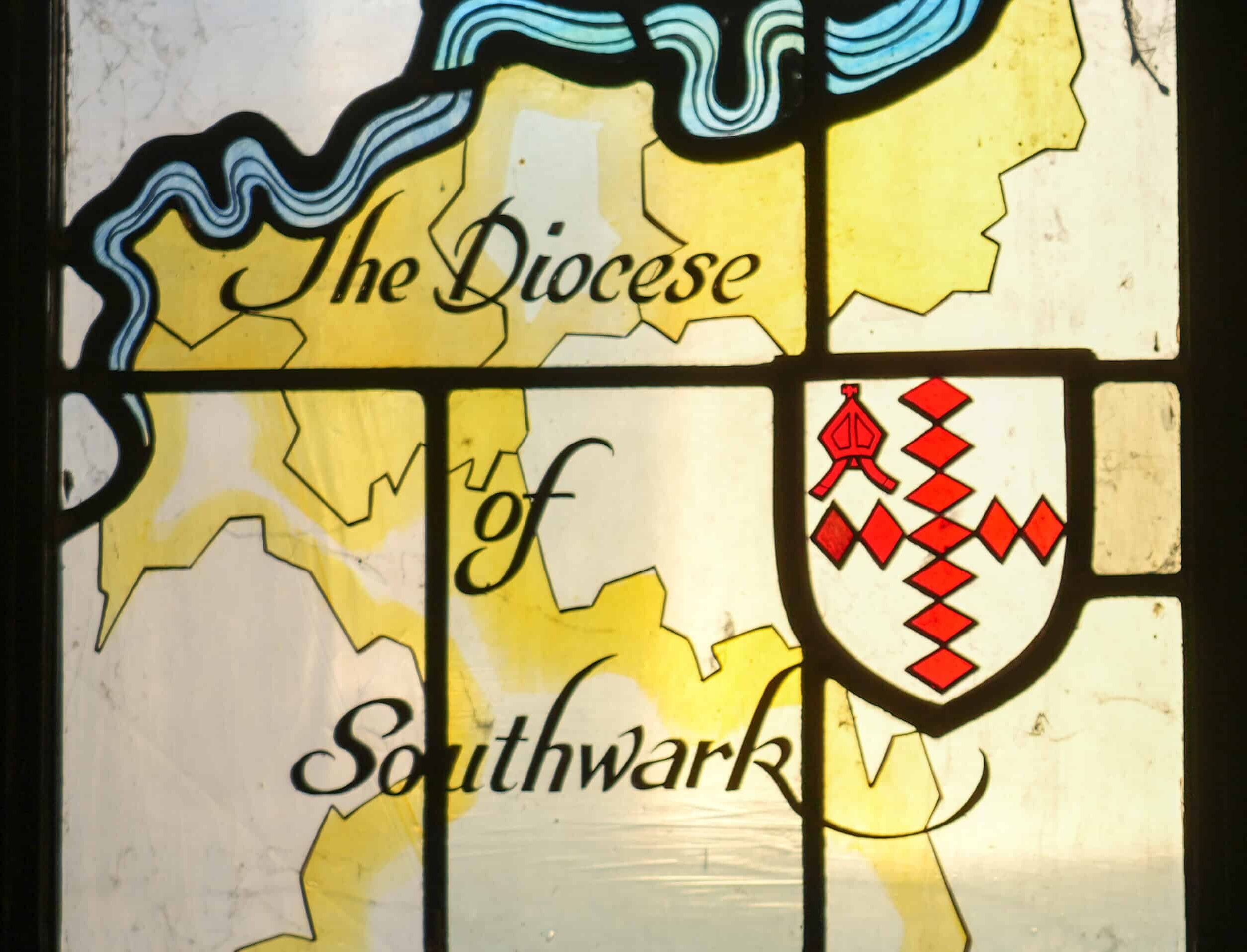The Charities Act 2022 (Act) brought in changes that have become effective over a 16-month period that was completed on 7th March. Some of these changes could impact the way your church operates. The following highlights three areas from which your church could benefit, but you can find out about all the changes on the Charity Commission website.
Fundraising? Don’t fall into the trap of having a failed appeal!
The new Act brought in greater flexibility for charities:
- Who raise more than they need, or
- Who don’t raise enough, or
- Whose circumstances change such that they can’t achieve the original purpose of the appeal.
Read here about what you can do in these circumstances.
Better still, if you are planning a fundraising appeal, make sure that you include a Secondary Purpose in the wording of your appeal. Read more about how to do this on this blog from the Fundraising Regulator.
Payments to Charity trustees
Under the new Act, charities now have a statutory power to pay trustees for providing goods alone to the charity in certain circumstances.
Using the new statutory power, trustees can be paid for:
- services only, for example estate agency or computer consultancy
- services and associated goods, for example plumbing or painting service and any associated materials such as plumbing parts or paint
- goods only, for example supplying stationery to the charity
For more information read the Charity Commission guidance
Changes to the way you can use permanent endowment
A permanent endowment (PE) is a fund where the charity must keep the original capital and only spend the income that is generated by this capital.
- Under the new Act, charities with a permanent endowment of £25,000 or less, can spend any or all of the capital without reference to the Charity Commission
- Where the permanent endowment is valued at more than £25,000, charities can resolve to borrow up to 25% of the PE and pay it back within 20 years, without reference to the Charity Commission
- If a charity wants to spend (as opposed to borrow) some of the capital of a PE worth more than £25,000, they must first seek approval from the Charity Commission
For more detailed information read the Charity Commission guidance.
If you have questions about any of these new rules, please contact the Parish Finance Officer Janet Boyce.








